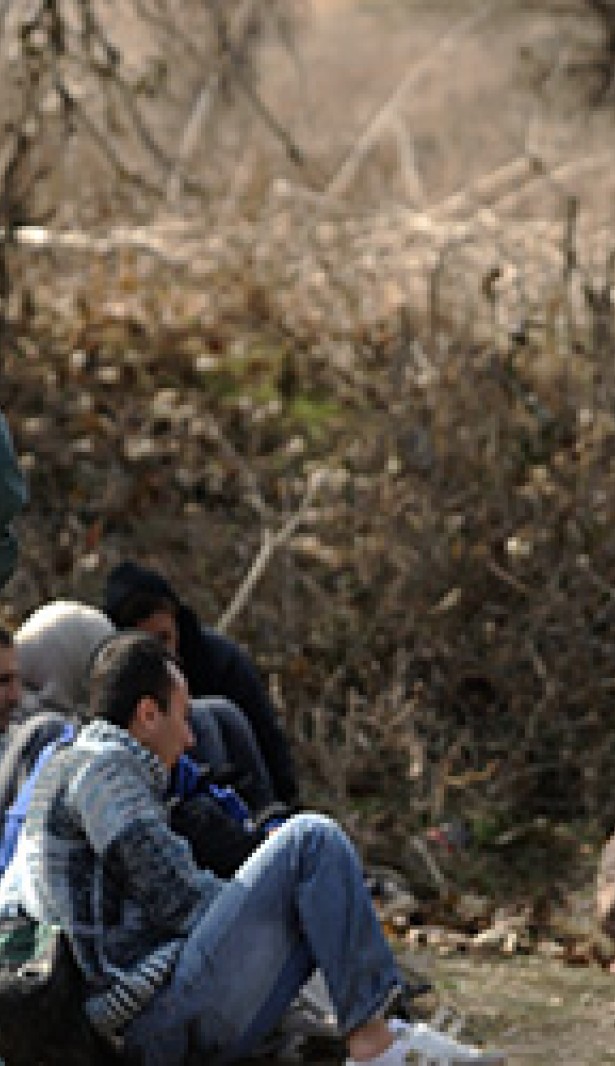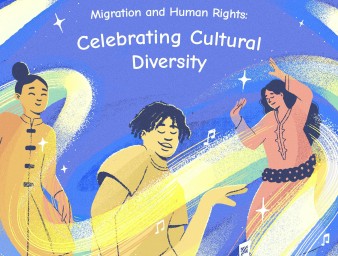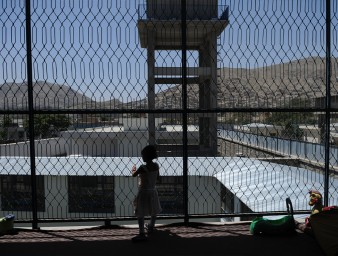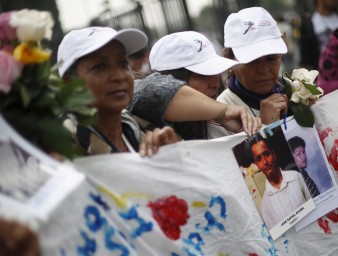Human rights experts: Unchecked atmosphere of anti-migrant discourse results in abuses
05 September 2016
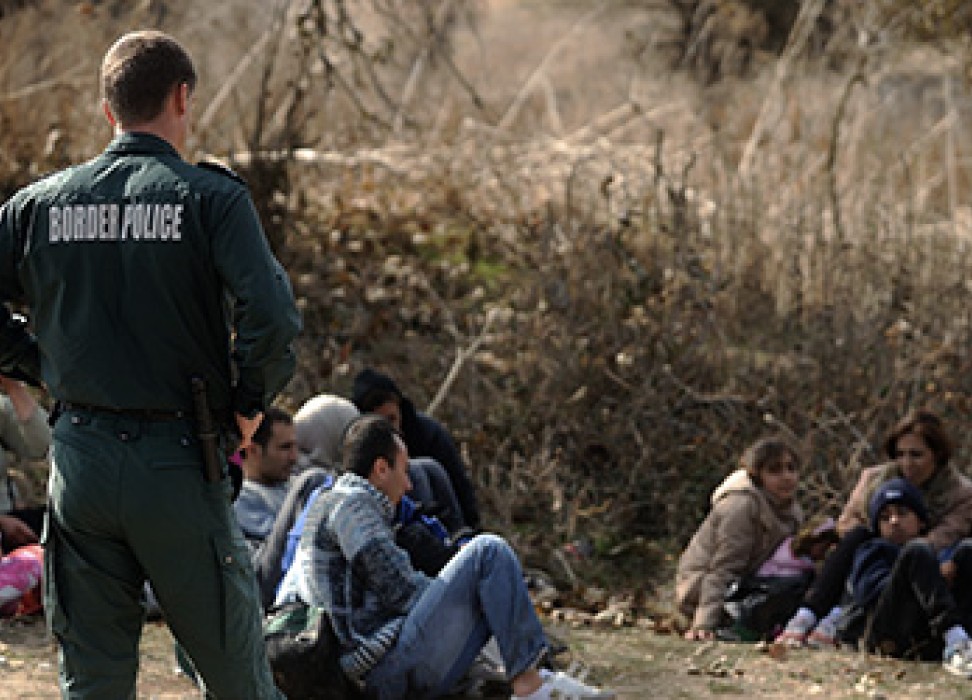
They call them “migrant hunters” or “citizen protection” organizations. They are volunteers, whose self-appointed job is to patrol Bulgaria’s border with Turkey, seeking out people trying to cross.
When one group in April spotted and detained 23 migrants, after marching them to the nearest village, they were roundly praised by the public and received a commendation from the head of the country’s border police.
Citizen arrests are illegal under Bulgarian legislation, but they have become popular, said Krassimir Kanev, chairman of the Bulgarian Helsinki Committee. The popularity mirrors a rise in xenophobia* in the country. Since the early 1990s, the group has documented and fought against various forms of intolerance.
“This is a very serious problem particularly now in Bulgaria,” he said. “And this increase over the past several years is due to political reasons. These political reasons include parties in the county’s parliament who espouse such values.”
The Bulgarian Helsinki Committee is a partner organization with the UN Human Rights Office, helping to document human rights violations of migrants and refugees in Bulgaria, as well as provide legal assistance to vulnerable groups in the country.
Anti-migrant and xenophobic attitudes have translated into political action and concrete policies, Kanev said. He pointed out Bulgarian’s building of a wall along the border with Turkey. When completed, the project will cost more than 100 million euros, he said. It is a huge expense for the country, he said.
Xenophobia in Bulgaria has led to concern from the UN Human Rights Office. UN High Commissioner for Human Rights Zeid Ra’ad Al Hussein expressed regret that public officials, including the Prime Minister, have made aggressively anti-migrant statements.
“The Bulgarian Government is not doing enough to challenge these alarming trends – indeed in the view of some, it is actually encouraging intolerance. Leadership is needed to create an environment conducive to respect for human rights,” he said.
This lack of leadership has also translated into policies and practices with a direct, negative impact on migrants and refugees in Bulgaria, said Claude Cahn, a UN Human Rights officer.
“It is hard to see how, if the highest levels are fomenting fear, administrators and front line responders can understand that what they are supposed to be doing is helping people. Instead they are sent a message that what they are supposed to be doing is protecting society from these people,” he said.
Anti-migrant sentiment is also broadcast by a range of Bulgarian media organs, via sensationalist news items, tabloid negative treatment of human rights workers, and in some cases positive reporting about anti-migrant vigilantes. Many such items have coded or open anti-Muslim subtexts.
Kanev and other civil society activists work to combat racism and xenophobia by engaging the legal system. The Bulgarian Helsinki Committee has filed complaints in Bulgarian courts and with the European Court of Human Rights, about the type of rhetoric espoused by politicians as well as in specific cases of abuse arising from the climate of intolerance. The group recently called for the resignation of the Prime Minister after he endorsed the work of volunteer border patrol groups, and the use of violence against migrants. But little has been done.
“The major problem here is impunity, the inability, the unwillingness of the prosecutors to take appropriate legal action,” he said. “If we had had a successful prosecution, the situation would be different. This is a general problem with the system this is the problem with Bulgaria.”
*The UN defines xenophobia as “attitudes, prejudices and behaviour that reject, exclude and often vilify persons, based on the perception that they are outsiders or foreigners to the community, society or national identity.
On 19 September 2016, the United Nations General Assembly will convene a Summit for Refugees and Migrants in light of the need for greater international solidarity in response to large movements of migrants and refugees. This is the first article in a series covering the issue of migration and human rights ahead of the UN Summit.
5 September 2016
